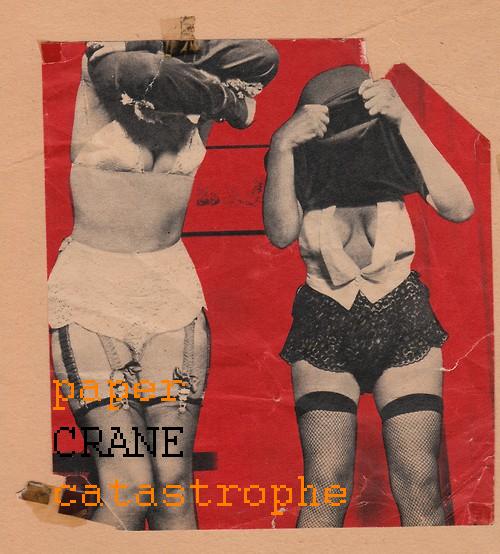It struck me the other day. The realisation. “Oh my saintly aunt,” I gasped, “
the first person is dead!”
Don't panic, dear, I'm not a mad scientist with a battery of human guinea pigs tucked away in my labcoat. I was referring, of course, to the grammatical first person. What I am writing in at this very moment. Quite possibly that’s enough to make you reach for that little cross at the top of your screen, but bear with me.
So when I said
dead, I meant
dying, and by
dying I mean
falling into relative disuse. “That’s impossible,” I hear you splutter, “all language is predicated on the Self, the I, the translation and transformation of subjective experience into collective understanding! How can the
I become obsolete?!!”
Honey, I
know. It knocked
my socks to Timbuctoo as well. But I think you'll find my reasoning is, as always,
impeccable:
Cast your mind back to the goode olde dayes of the high and the low, the aristocracy and the peasants, slave-ownership and servantry. The days when you were born into a class and you lived in your class and you married in your class and everyone was fairly cheerful about it. Or so history tells us. History
was written, after all, by those who weren't too busy scavenging scraps off the street to worry about preserving the past for posterity and so forth. But Valerie, dear,
something happened. The Divine Right of Unequalness gave way to ideas of
equality! Of
common human experience! Of the
unfairness of economic segregation! To the idea that
all humans are
born equal!
I hear you spluttering again. Do control yourself.
What happened, according to my newest favourite historian Lynn Hunt, was nothing less than a
quantum shift in collective psychology during the eighteenth century. Two things occurred, or rather, they grew:
individualism, and
empathy.
Sorry to oversimplify here, but I'm impatient. Ms Hunt identifies, among
countless other influences, two culprits for said quantum shift. The first was the popularisation of portraiture in art. Before that, depictions of masses of people with a religious bent had been
all the rage. Being painted
individually, Ms Hunt opines, reflected or encouraged the growth of individual subjectivity. The
second was a boom in epistolary novels - novels written as a series of letters, like that naughty book
Les Liaisons Dangereuses. These were written in the
first person. When people read them they peeked into
other people's lives and saw the differences, and also the similarities. Voila! Empathy! And these
twin forces united to
erode the barriers between men and other men (not women. Or slaves. Or gypsies, homosexuals, Jews, the disabled, the outcasts, the misfits, the left-handed, the savages who lived in far-away lands. But darling, we're
getting there).
What has this to do with grammar, I hear you ask?
Everything. Because now, in this postmodern chaos of all-equal
billions of voices,
there are too many I-s! No one wants to
know any more! We're all the same: we know! We've heard it all before! Even our
stories have been reduced to
seven basic plots! And haven't you been noticing, lately, the burgeoning of the
second person? It's frightful, darling, I really can't stand it. "
You are about to begin reading Italo Calvino's new novel, If on a Winter's Night a Traveller
. Relax. Concentrate. Dispel every other thought. Let the world around you fade. Best to close the door; the TV is always on in the next room. " No it isn't, and no I won't! It's as if we have been reduced, in this clamouring hubbub of voices, to hitting poor souls over the head with our own experience by
making them live it themselves! As if we can't be trusted to
choose to share someone's experience; it has to be
forced upon us!
And so, Valerie, I propose a solution: the
fourth person. Little-used and little-understood, it is the perfect tool for achieving the destabilised self so popular with postmodern theorists. Observe:
"
One is about to begin reading Italo Calvino's new novel, If on a Winter's Night a Traveller
. One relaxes. One concentrates. One dispels every other thought. One lets the world around one fade. One decides it is best to close the door; the TV is always on in the next room."The first person is dead! Long live the fourth!
Incidentally, I saw a photo of a guinea-pig-on-a-spit the other day. It was
obscenity with claws.
Too-roo my dear. I’m off to fetch my socks.
Love Penelope.

